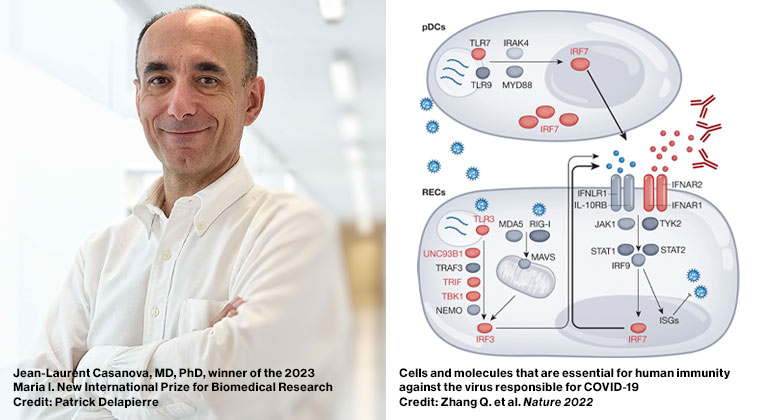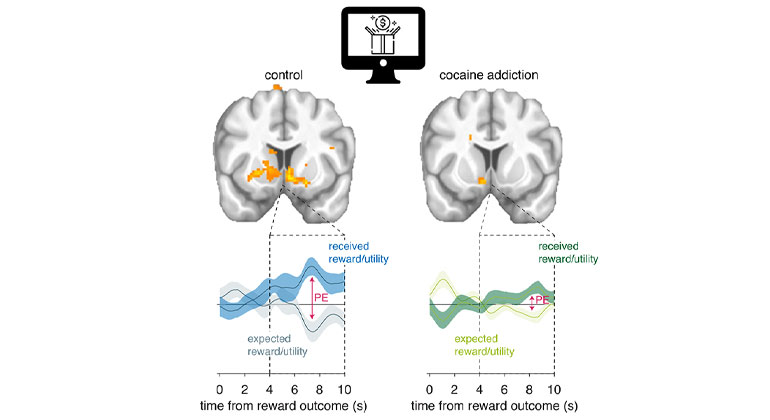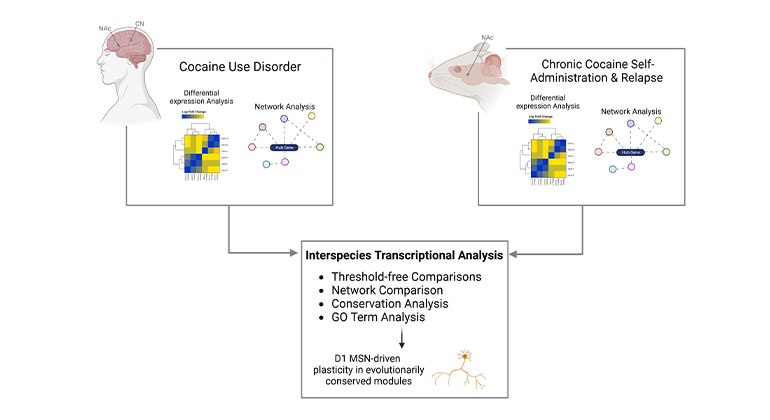After Tragedy, Who Bounces Back? Keys to Resiliency May Lie in Childhood - Rebecca Ruiz
As the nation recovers from recent tragedies, “resiliency” has become the buzzword for recovery. Although research has identified genes that indicate a predisposition to resiliency or vulnerability to trauma, environmental influences at critical developmental periods, like infancy and early childhood, may also play a significant role. Neuroscientist Dr. Eric Nestler, Director of the Friedman Brain Institute at the Icahn School of Medicine at Mount Sinai, believes environmental impact on genes partly explains why people respond differently to adversity. Nestler’s lab has tested stress responses and epigenetic changes in mice. In one study, two-thirds of the mice began to avoid other mice and became obese, less adventurous and less interested in activities like sex and eating sweets. Their brains showed modifications to genes that control the stress response. The remaining mice showed signs of resilience. “The challenge is if you look at the people subjected to these horrendous life events,” he said, “while most people do OK…we have no understanding of why the same inputs lead to such a disparate outcome. Presumably, that is driven by different genetics and different epigenetics.”
-Dr. Eric Nestler, Professor & Chair, Neuroscience, Director of The Friedman Brain Institute, Icahn School of Medicine at Mount Sinai
Learn more

Mount Sinai Launches Institute for Regenerative Medicine
Apr 24, 2023 View All Press Releases








